GENOTROPIN ( SOMATROPIN ) PEN 12MG (361U) (PEN ONLY – NO BOX) – PFIZER
$280.00
2 in stock
Human Growth Hormone (HGH)
Human Growth Hormone (HGH) is one of the more recent compounds used by athletes and bodybuilders seeking an edge in physique and performance enhancement. It is important to clarify that HGH is not an anabolic steroid. It is a protein (peptide) hormone naturally produced by the human body and secreted by the pituitary gland.
The hypothalamus regulates HGH through two hormones:
- GHRH – Growth Hormone Releasing Hormone
- GHIH – Growth Hormone Inhibiting Hormone
HGH belongs to the somatotropin family of protein hormones, which includes CSH1, CSH2, CSHL1, HGH, PRL (prolactin), and HGH-V. It consists of 191 amino acids.
Functions of Human Growth Hormone
HGH plays a major role in growth, metabolism, and cellular repair. Its functions include:
- Regulating metabolism
- Promoting cellular regeneration
- Supporting tissue healing and repair
- Stimulating bone and muscle development
- Enhancing growth of internal organs
- Maintaining connective tissues (tendons, ligaments, joints)
HGH influences protein, carbohydrate, fat, and vitamin/mineral metabolism as well.
Medical Uses of HGH
Human Growth Hormone is medically used for several conditions:
1. Pituitary Dwarfism
In children with GH deficiency, synthetic HGH helps restore normal growth before puberty.
2. Adult Growth Hormone Deficiency
Adults with low GH levels may receive therapy to restore normal ranges and improve vitality.
3. Muscle Wasting Conditions
HGH is used in treating AIDS/HIV-related muscle wasting and muscle loss from certain diseases.
4. Burn Recovery
HGH can support accelerated healing in burn victims.
Growth Hormone Effects in Different Tissues
Muscle Tissue
HGH is anabolic and promotes:
- Hypertrophy (increase in muscle cell size)
- Hyperplasia (increase in muscle cell number, which is permanent)
Cellular Regeneration
HGH promotes regeneration and healing in nearly all cell types (except most brain and eye cells), helping maintain or improve organ function.
Metabolic Effects
HGH shifts the body’s energy preference from carbohydrates to fats. This may result in:
- Increased blood sugar levels
- Increased fat burning
- Lower cholesterol
- Depletion of potassium, phosphorus, and sodium
- Temporary reduction in T3 thyroid hormone levels
These effects are dose-dependent.
Mechanisms of Action
HGH acts on receptors in muscle, bone, and fat tissues, triggering growth and metabolic responses. A major part of its action occurs through IGF-1 (Insulin-like Growth Factor 1):
- HGH travels to the liver.
- The liver produces and releases IGF-1.
- IGF-1 stimulates growth throughout the body.
IGF-1 has some effects opposite to HGH, such as increasing fat storage and raising glucose usage. Many long-term effects of HGH are mediated through IGF-1.


MAECENAS IACULIS
Vestibulum curae torquent diam diam commodo parturient penatibus nunc dui adipiscing convallis bulum parturient suspendisse parturient a.Parturient in parturient scelerisque nibh lectus quam a natoque adipiscing a vestibulum hendrerit et pharetra fames nunc natoque dui.
ADIPISCING CONVALLIS BULUM
- Vestibulum penatibus nunc dui adipiscing convallis bulum parturient suspendisse.
- Abitur parturient praesent lectus quam a natoque adipiscing a vestibulum hendre.
- Diam parturient dictumst parturient scelerisque nibh lectus.
Scelerisque adipiscing bibendum sem vestibulum et in a a a purus lectus faucibus lobortis tincidunt purus lectus nisl class eros.Condimentum a et ullamcorper dictumst mus et tristique elementum nam inceptos hac parturient scelerisque vestibulum amet elit ut volutpat.

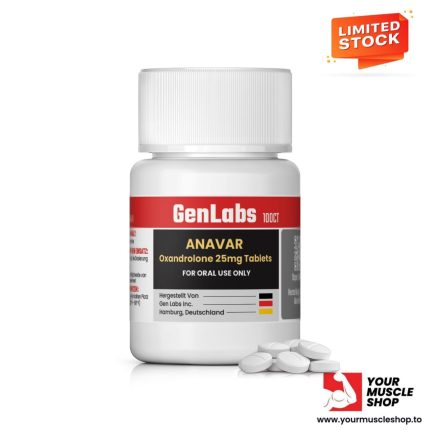

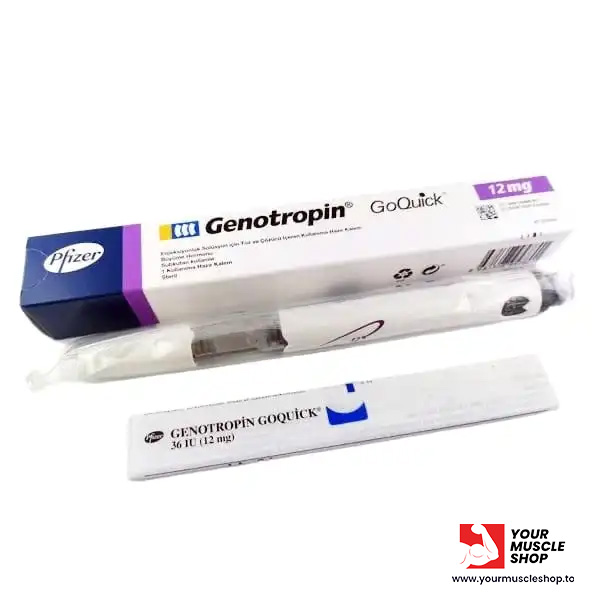
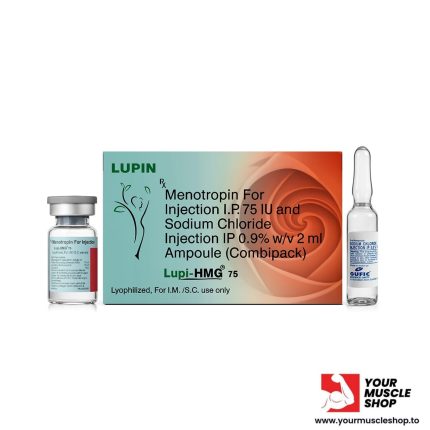
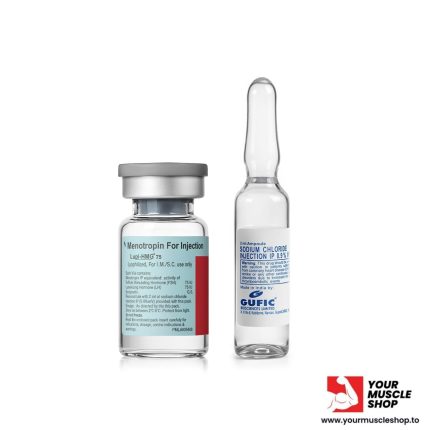

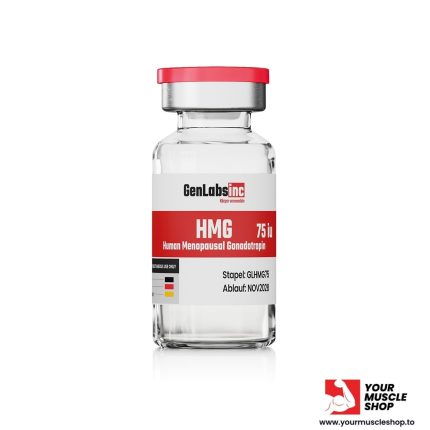



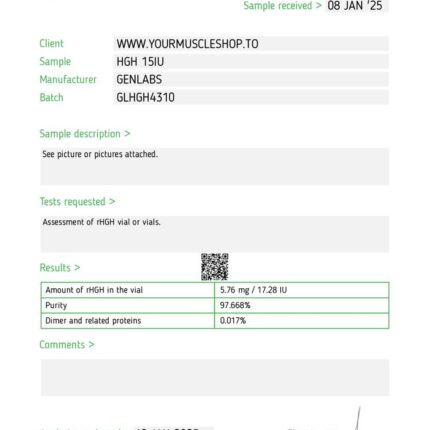

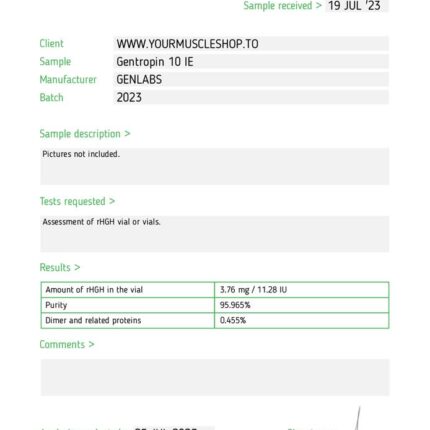

Reviews
There are no reviews yet.